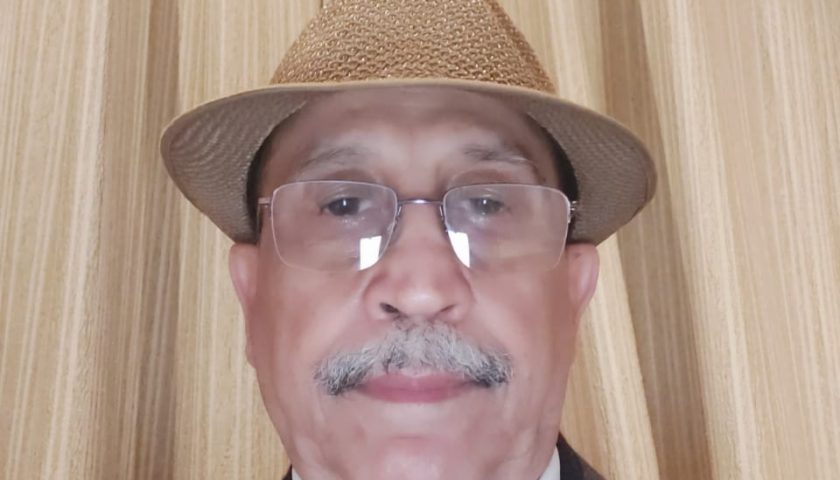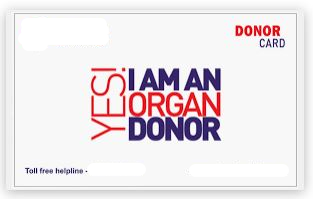
College students, personnel of paramilitary forces and large private offices are wooed by the NGOs engaged in voluntary blood donation. In the last one decade or so, human organs donation was also being pursued by NGOs and large hospitals. Kidney and other donation rackets by a few persons and hospitals put the ‘Gift of Life’ procedures into disrepute. Donors were reluctant. The government framed new set of rules to avoid scrupulous persons taking advantage of the system. There has been some improvement in the system, yet it is too little to meet the demands of the sick awaiting transplant.
Let’s see the magnitude of the problem:-
- 5 lakh people in India die every year awaiting organs for transplant.
- More than 15 lakh people need the ‘Gift of Sight’ by cornea transplant but only about 15000 get it in a year.
- 0.26 persons/million population in India donate organs as compared to 36/ million in Spain and 26/ million in US.
- If 1/million population donate their organs in India there would be no waiting list.
Recently Kelvin Joy, 39 years old, died in a road accident in Eranakulum, Kerala. His parents donated his organs to 8 different patients in 3 different hospitals. Joy brought joy to 8 families, a record in India for maximum recipients from one donor.
I was surprised to learn that 25 organs and tissues can be donated by one brain dead person. These are kidneys, heart, liver, lungs, pancreas, small intestine, larynx, hands and many more besides the well known cornea. In US, organs of persons upto 80 years have also been transplanted.
A person need not be brain dead to donate organs. A living person can donate organs like, one kidney and lung, part of liver, pancreas small intestine. Besides, they can also donate tissues like a piece of bone, bone marrow and umbilical cord blood.
Around 10,000 organs were donated in 2018 in our country. It means only about 2000 to 4000 persons donated their organs ( leave aside tissues). Why this dismally tiny figure?
- Kidney scam is just one reason.
- Religious sentiments is another.
- Lack of awareness especially amongst the rural masses is the third.

It is only when one of the close relative or friend needs an organ transplant, one awakens to the magnitude of the problem. Prolonged suffering and death angers the relatives/friends. But how many of these people ever think of donating their own organs. If it doesn’t match their kin, why not someone else?
THE LAW ON ORGAN DONATION
Transplantation of Human Organs Act was passed in 1994. However, the law lacked clarity and was misused by a few unscrupulous hospitals, doctors and their touts. Rules were framed in 2014 to register hospitals, fix responsibilities and register persons awaiting donation. Here after, declaring a person brain dead requires 4 persons and a boat load of tests. One of the doctors must be a designated government employee. The scope of illegal transplants is very less.
National Organ and Tissue Transplant Organisation or NOTTO was setup under the law. It is run from a Delhi office. Earlier its activities were limited to Delhi state but now they are the Nodal Networking agency for the country. Two states have setup their own networks for registering patients awaiting organs and would be donors. Certain NGOs are also doing good work in assisting patients and motivating kin of brain dead persons for organ donation.
DONOR CARDS – What is it?

NOTTO by itself, many large hospitals and NGOs spread awareness for need of organ donation. Altruistic persons who agree to donate organs while they are alive or after their death are required to fill a ‘Pledge’ form. Then they are issued with Donor Cards by these organisations. Donors need to have a Unique ID for the card. They are also required to inform their immediate family about this decision and card. However, there is a catch.
Even if the person possessing a donor card is declared brain dead, the final decision rests on the next of kin. This kin in the presence of another relative has to sign on the consent form for retrieving organs and tissues. In essence, the Donor Card has no legal sanctity. Sad.
The certification of Brain Death, its difference with a routine death (cardiopulmonary) and 3 different ways in which a Death is defined in India needs a longer discussion.
Perhaps, next week.……

Maj Gen Krishan Chauhan is a second-generation army officer. He studied in Sainik School Kapurthala, graduated from IG Medical College, Shimla and did his MD from AFMC/Pune University. He has served in the Army Medical Corps for 36 years and retired as the Addl DGMS army. He is an avid marathon runner and a writer. He first wrote articles for children in The Young Chronicles. Later, he started writing his own blog as Genkris, on WordPress where over 25 articles on various subjects can be accessed.



